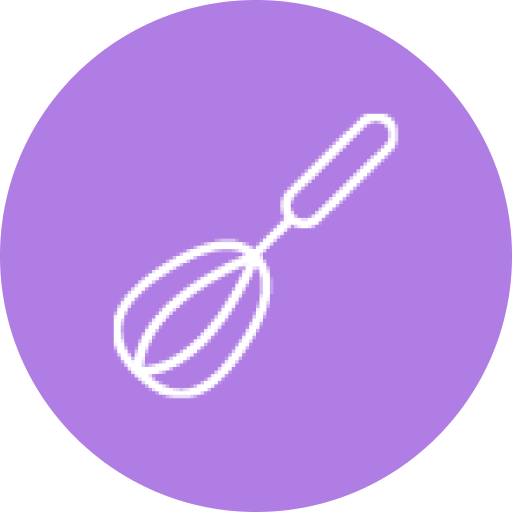The Complete Guide to Low-Sugar Diet Plans
It's no secret that Americans love their sugar, but most of us don't quite know the extent. Believe it or not, the average American consumes 71 grams (17 teaspoons) of sugar every day. Again, that's only the average. Some people consume far more.
Well, that brings us to one of the latest health trends, which is a low-sugar diet. So, how do you start to eliminate sugar, and is it right for me? Glad you asked.
Benefits of a Low-Sugar Diet
Quitting sugar or dramatically reducing your sugar intake is a major commitment that few Americans ever attempt. Well, if you decide to take that step, here's what you can look forward to.
Better Sleep
Excess sugar leads to sleeping problems, in many cases. People who cut out sugar often report having better sleeping habits, especially over the long term. If insomnia is a concern of yours, you should consider trying to eliminate sugar from your diet.
Improved Mental State
That's right. Sugar can contribute to stress, anxiety, depression, and other problems related to mental health. Cutting out sugar can help prevent mood swings and the presence of cortisol, which is commonly known as the "stress hormone".
Increased Energy
When your body no longer relies on fast bursts of energy from sugar, it learns to use other nutrients as more consistent fuel throughout the day, leading to increased energy in your everyday life.
Although, you should be aware that it may not feel this way at first if you are making substantial sugar reductions right away. You may feel lethargic in the beginning, but this will subside in a matter of days.
Fat Loss
We do have an obesity problem in the United States. In fact, over 36% of Americans are obese.
Well, this is partially due to sugar. In fact, the sugar industry launched a campaign to convince the public in the 20th century that fat was the primary cause of obesity, even though they knew that wasn't the case.
If you've tried time and time again to lose your stubborn body fat, cutting out sugar is worth a try!
Regulated Blood Sugar
Your blood sugar isn't determined by the amount of sugar that you directly consume. Your body breaks down carbohydrates and other nutrients into glucose (sugar) that is then controlled by the insulin in your body.
Eliminating sugar from your diet will help prevent major spikes in your blood sugar levels, keeping it at a more consistent level, which is best for your health.
Give Your Dentist Less Work
On a serious note, sugar is terrible for your teeth and we wouldn't have so many cavities, root canals, and other dental procedures without it.
Believe it or not, the average person from 500 years ago had healthier teeth than they do now. More yellow, but still healthier. This is because their diets consisted of mostly vegetables and grains, with limited sugar and tough meat to chew. If you want to keep your smile bright for the rest of your life, cutting sugar is the way to go!
Fewer Cravings
Over time, your body will adapt to your sugar-free lifestyle, and you will begin to experience fewer cravings for your favorite sweet treats. This means that this diet only gets easier with time, so the sooner you start, the better. Let's talk about how to do that.
How To Eliminate Sugar From Your Diet
Sugar plays a more central role in our lives than many of us would believe. It has a presence in our drinks, our food, and even in our condiments like ketchup or salad dressing. You would be surprised how integral sugar is in the American diet, and how difficult it can be to make the initial cut. Here's how to get started and stick with it!
Start Small (Optional)
This isn't for everybody but it is the best way to go for many people who are trying to go from eating excessive amounts of sugar to eating no (or almost no) sugar. Sugar is highly addictive and cutting it out cold turkey can be too challenging for some, leading to a lack of retention to your diet.
If you've decided that cutting sugar out is right for you and you want to do it over the long term, then there is nothing wrong with taking it one step at a time if you believe it will help you adhere to the diet.
Making the switch to removing sugar from your diet is a big commitment, so start by removing it from your coffee first! From there, you can try eliminating soft drinks and opting for dark chocolate instead of milk chocolate. Have a craving for candy? Try a piece of fruit instead.
If you continue down this path for a long period, then you will be down to low sugar or no sugar in no time. Just start with baby steps and continue taking small steps outside your comfort zone.
If you feel confident that you can take larger steps, go ahead and try it. If it doesn't work out, don't give up! Try to take more incremental steps instead.
Start Reading Food Labels
Even if you decide to stop this diet, one of the best habits that you can develop is to read food labels before you eat them. What's even more important is how you read them.
Sure, a drink might say that it has 120 calories and 15 grams of sugar. You might consider to yourself that you haven't had any sugar in the last few days and you can afford to consume this amount.
However, what you may not have noticed is that this is based on a serving size that's only one-third of the bottle. This is a common trick in the food industry where they hand out a drink or snack that is clearly of size for one person but they cut the serving size down to make the nutrition facts seem less harsh.
Don't fall for this. Always read the serving size first before reading anything else. From there, begin making conscious and informed decisions about what you are putting into your body.
Eat Foods You Enjoy
This is arguably the most important part of any diet.
If you aren't enjoying the foods you are eating, you won't stick to a diet for very long. If you enjoy cooking, then take this as a challenge and start looking up sugar-free alternatives to your favorite recipes, and try your best to incorporate whole foods into your diet.
There is plenty of sweet-tasting and delicious treats that you can make with low-sugar foods like nut butters that have very low or even no sugar, so give that a try!
Use Healthier Alternatives
If you are going to eat sugar, avoid processed foods whenever possible. Using a little maple syrup or honey on occasion is better for you than a piece of candy, and eating some fruit occasionally will even provide more benefit than harm.
Also, if you are going to use artificial sweeteners, Stevia is associated with the least risk. Aspartame has a very bad reputation for its health risks. Sucralose is not much better, so beware of these chemicals and use them in moderation.
Focus on Variety
You want to eat a wide variety of foods in order to receive a wide variety of nutrients. Ideally, you want your diet to full of high-protein foods with a wide variety of micronutrients.
At the very least, you should be eating some type of whole grains, nuts, proteins, and produce every day. Dairy is optional based on your dietary preferences, but you should make sure that you see as much color on your plate as possible during your meals and that you switch up your recipes as often as possible.
This can look different every day, but make sure that you incorporate each of these as the base of your meals and snacks at least once a day.
This will ensure that you get the widest micronutrient and macronutrient profiles, which will keep you healthy and maximize your sugar-free benefits over the course of your diet.
Make the Cut Today!
Now that you know what a low-sugar diet can do for you and how to get started, there's no time like the present to start reaping the rewards. You'll be so glad that you did when you start reaching your goals!
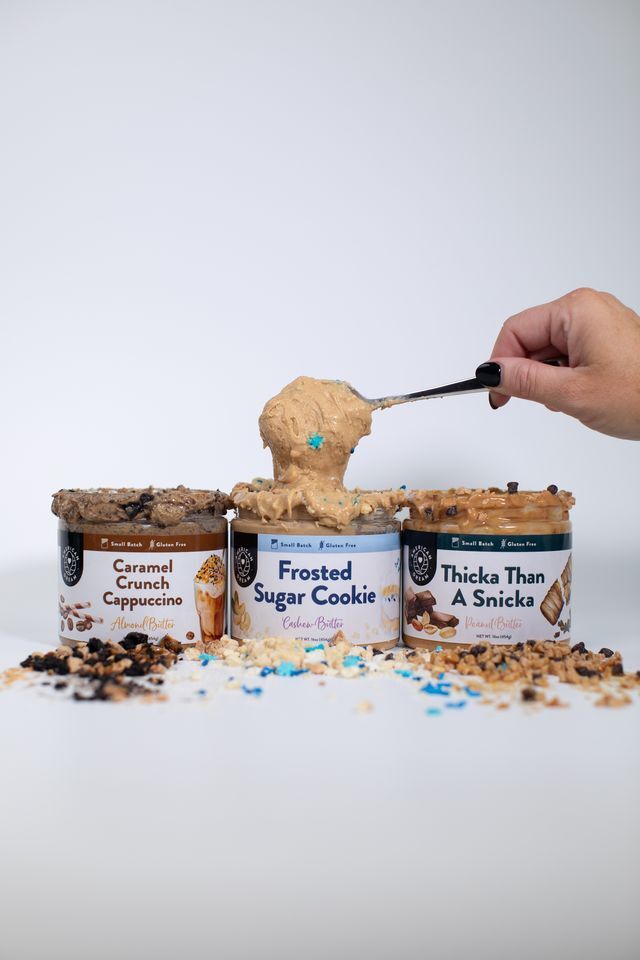 All Nut Butters
All Nut Butters
 Newest Flavors!
Newest Flavors!
 High Protein
High Protein
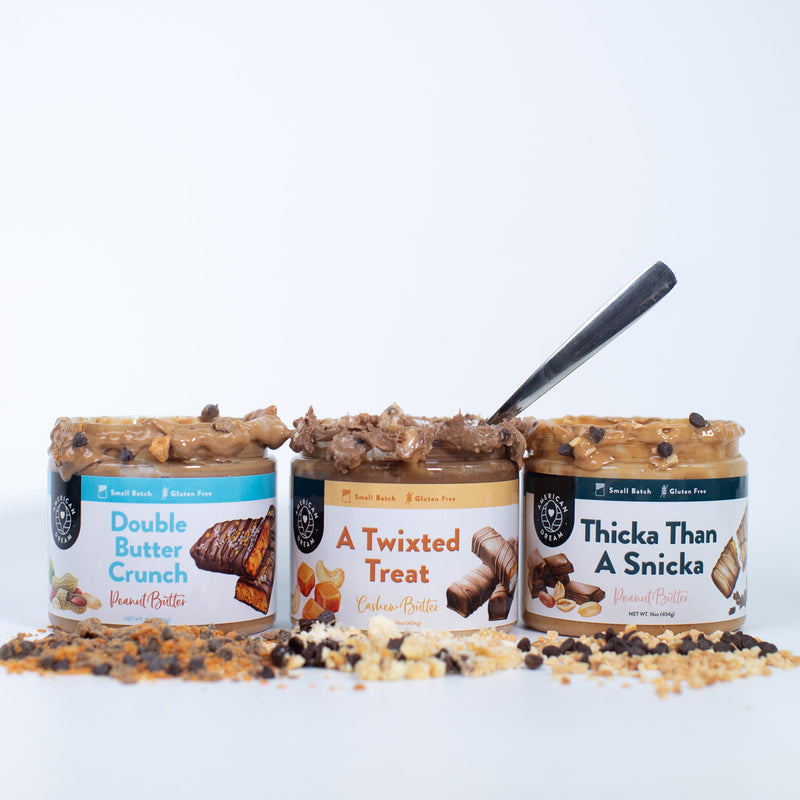 Butter Bundles
Butter Bundles
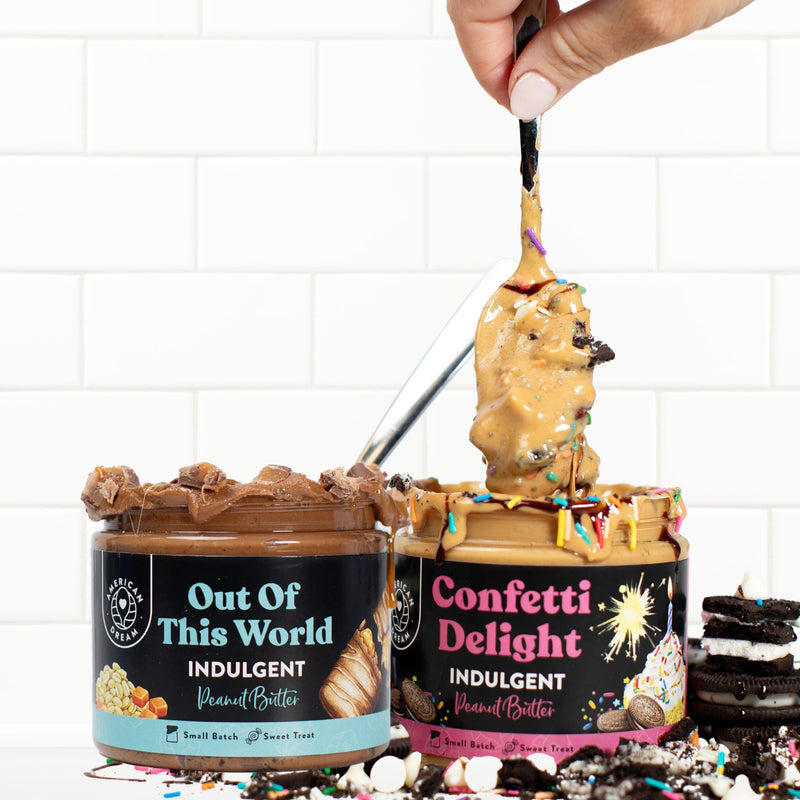 Indulgent Butters
Indulgent Butters
 Cookies
Cookies
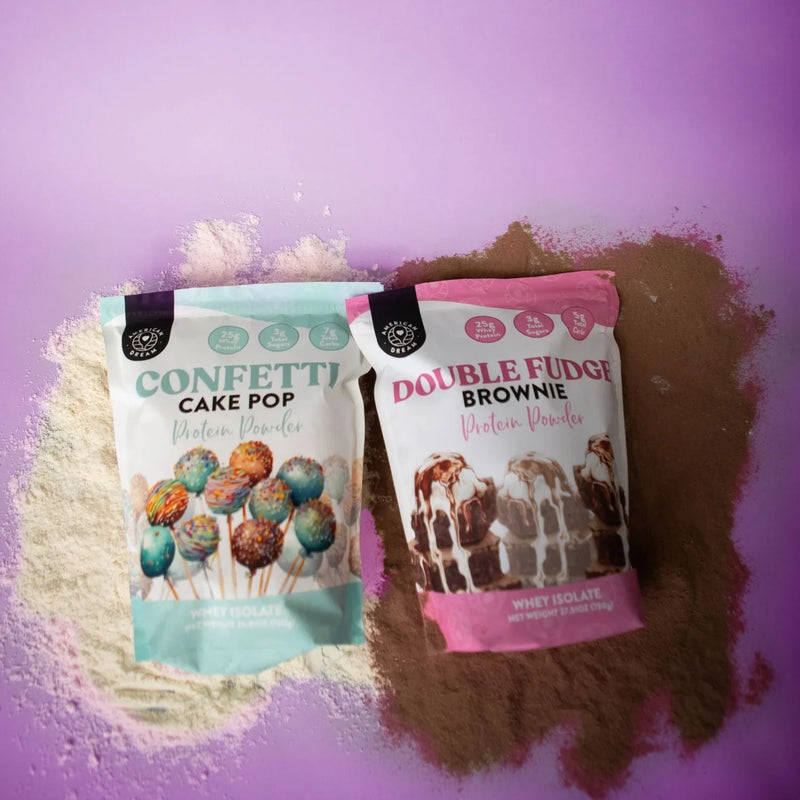 Nutrition
Nutrition
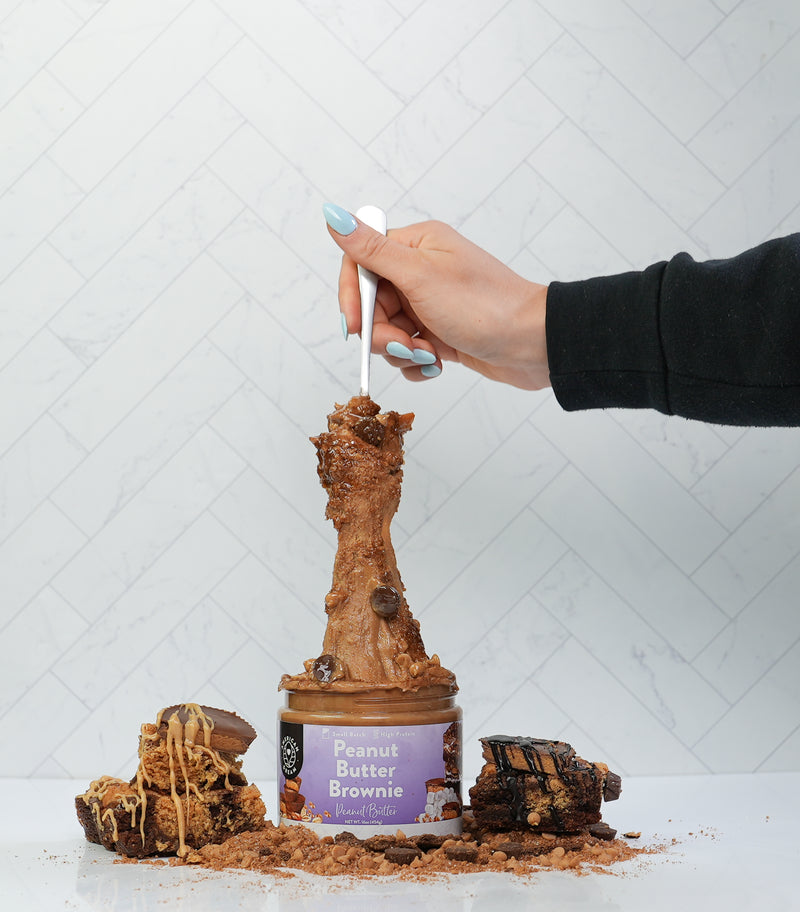 Retiring Soon
Retiring Soon
 Paws Off
Paws Off
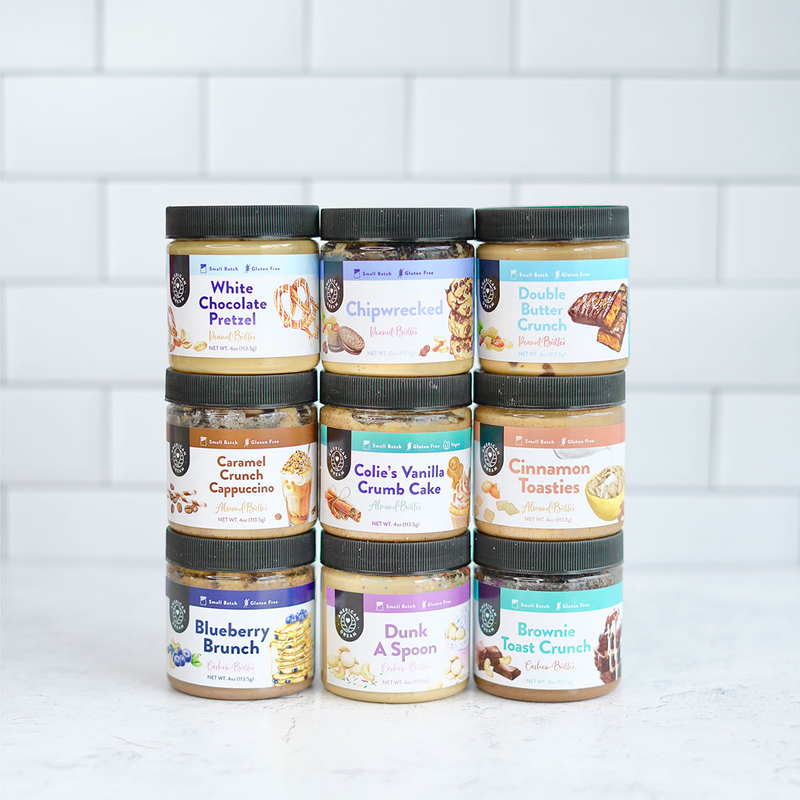 Sample Sizes
Sample Sizes
 Merch
Merch
 Gifting
Gifting
